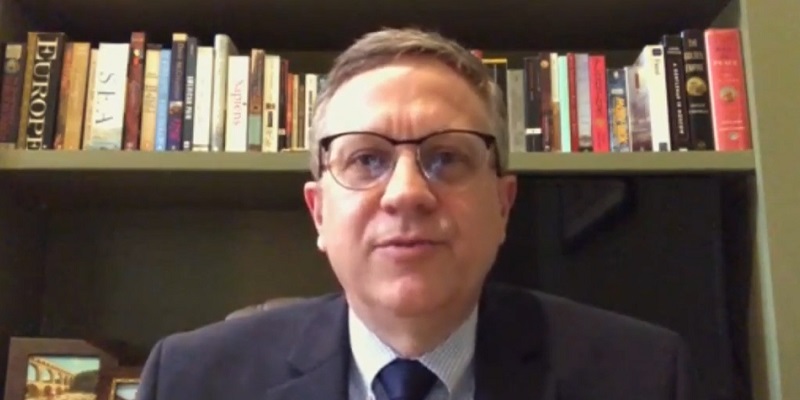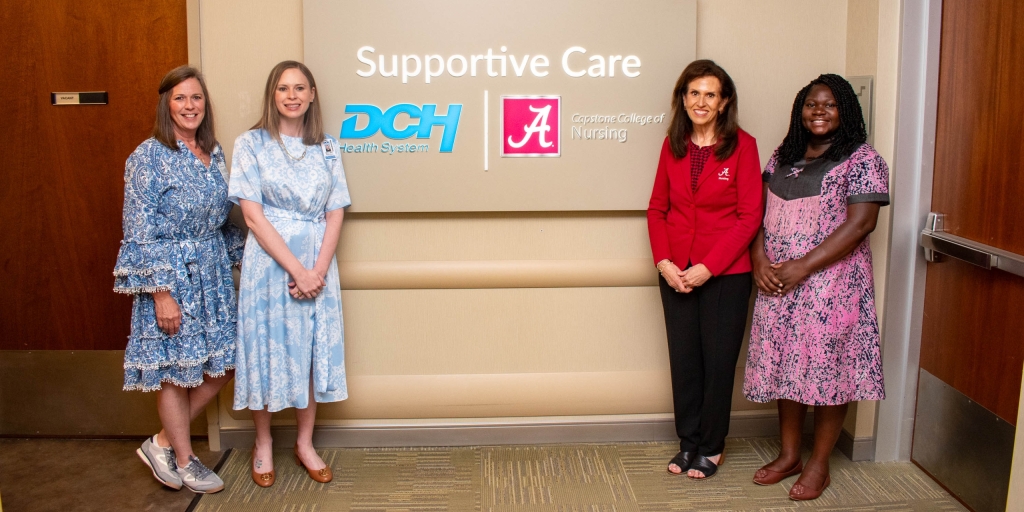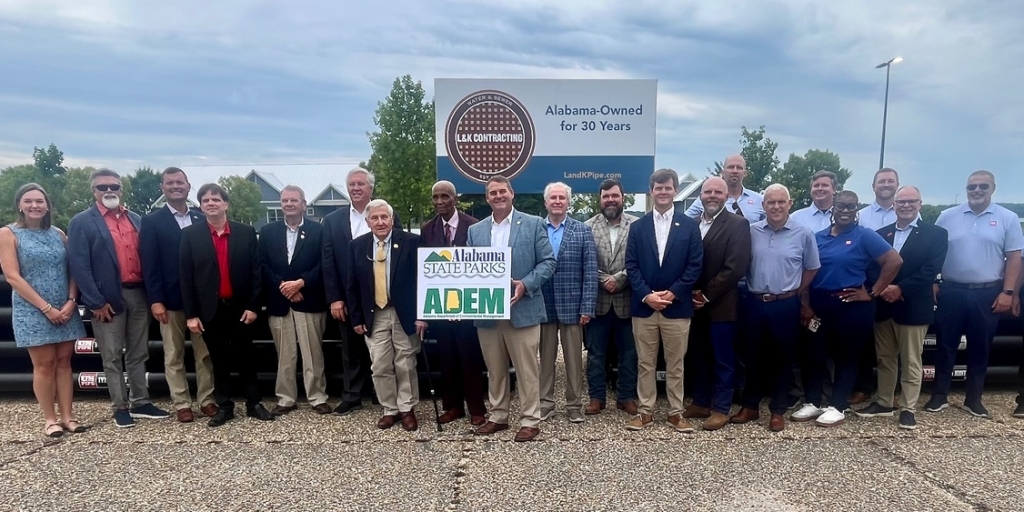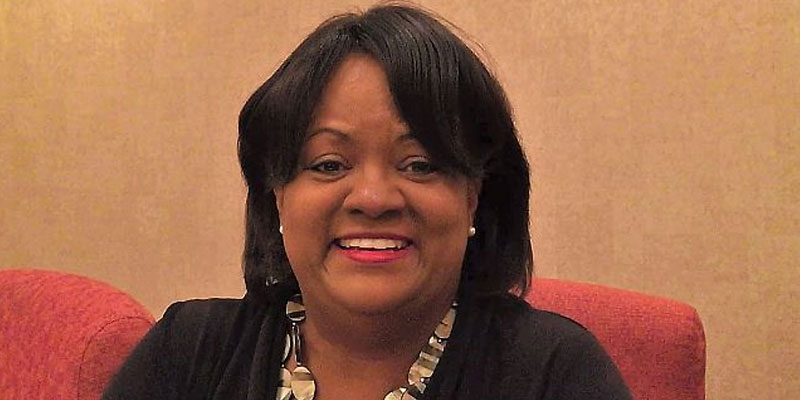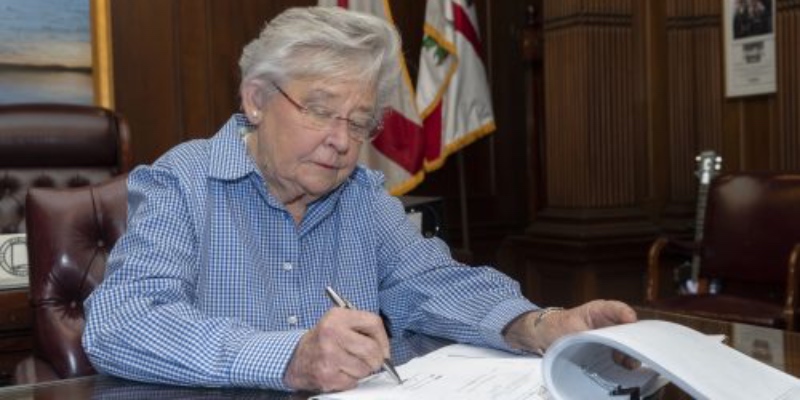Although many in Alabama are not satisfied with the rate at which the state is resuming its return to normalcy in the wake of the breakout of the coronavirus pandemic, State Health Officer Dr. Scott Harris indicated he remains certain he is making the proper determinations in plotting that course.
Harris took to national TV on Sunday to tout the “gradual first step” he and Gov. Kay Ivey implemented earlier in the week.
During a joint appearance with Dr. Joneigh Khaldun, chief deputy director for health for the Michigan Department of Health and Human Services, Harris explained the decision-making process for that step.
“We have followed a number of metrics like, I think most states have, including the White House plan for reopening,” he said. The gating criteria that I’m sure you talked about many times on this show were certainly part of the things that we considered. We have not fully satisfied all of those gating criteria in terms of cases per day. But we felt very good about our syndromic surveillance numbers. We felt very good about our hospital capacity. And so what our governor chose to do was to make a very measured step, a very gradual reopening of certain types of businesses. We did not proceed to a full phase-one reopening like was in the White House plan. Things like entertainment venues and gyms and in-person dining. We have not chosen to do that so far. But we think this is just a gradual first step.”
Harris insisted there were still elements missing in having a full picture of Alabama’s efforts combating the pandemic.
“We would like to make sure we’re testing to the level that we would like,” Harris said. “We probably have a total amount of laboratory bench capacity to do the number of tests that we would like to do. But those tests are really unevenly distributed throughout the state. If you’re in a bigger, more urbanized part of our state like Jefferson County, where Birmingham is located, or Madison County, where Huntsville is located, you can probably have really good access to testing whenever you like. But in some of our more rural parts of the state, we are able to get testing done, but there are definitely barriers there for people to obtain that, particularly if they have to find transportation or they don’t have ready access to a health care provider.”
“And we’ve also been surprised to find that we have not necessarily gotten negative test results reported to us,” he added. “It’s hard to come up with a good denominator so that we know the percent positive of tests we have. And so we have reached out to all the labs who report to us. But many of them are out of state. And it’s just difficult to get all that information.
@Jeff_Poor is a graduate of Auburn University and the University of South Alabama, the editor of Breitbart TV, a columnist for Mobile’s Lagniappe Weekly and host of Huntsville’s “The Jeff Poor Show” from 2-5 p.m. on WVNN.




